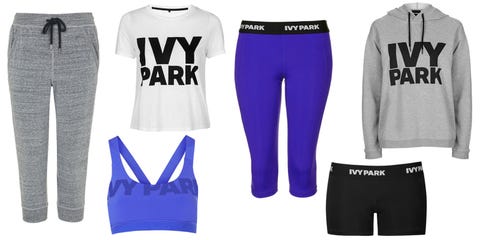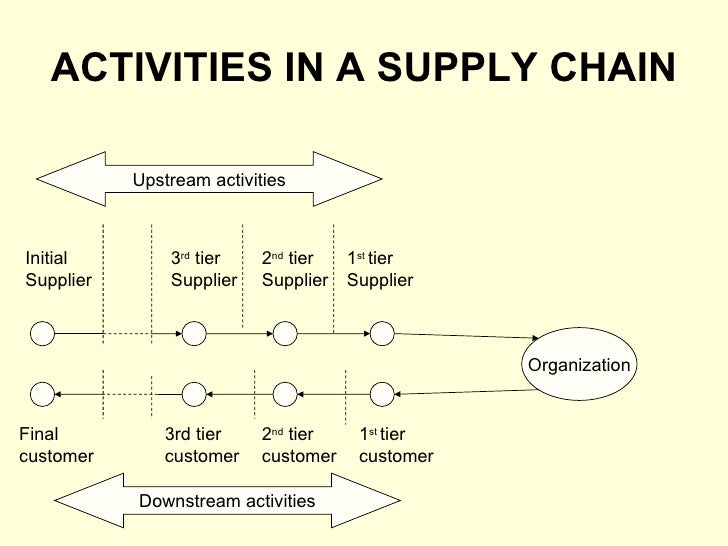Recently, Beyoncé has been attacked on Twitter because of her brand, Ivy Park. The attacks have accused Beyoncé of portraying contradictory messages about feminism in regards to the consumers who purchase her goods and the lack of female empowerment for the women who make her goods. Article

Articles dating back to 2016 have noted a collaboration with Ivy Park and British fast fashion company, Topshelf, working with MAS Holdings factory in Sri Lanka. It’s said that though MAS Holdings claims to provide ethical practices within their factories, they are actually not up to par. Whether or not this is true, we can only assume one way or the other, however, this story of Beyoncé’s supposed hypocrisy is not the main issue we need to be addressing.
The KEY ISSUES are:
1. The Importance of having a Transparent Supply Chain
2. The Importance of Creating an Empowering Wage
The Importance of having a Transparent Supply Chain
The majority of businesses on the corporate level (we’ll call it Tier 0) have no idea what’s going on when it comes to the other levels (Assembly – Tier 1, Manufacturing – Tier 2, Material Processing – Tier 3, and Material Production – Tier 4). They have pressure from stakeholders (could be investors or even consumers) to find the cheapest way of producing a product in order for the consumer price to be low and the profit to be high. That’s the nature of a capitalistic business. Their solution is to work with a supplier that claims to be ethical and follow ethical guidelines but the truth is, these suppliers either maintain the bare minimum of ethical standards or they lie and don’t practice ethics at all.

For a business to truly be ethical, the owners, executives, investors, and advisers need to be aware of the way that each tier operates. This is costly and most businesses opt out of it and create a code of ethics instead. The problem with the code of ethics is that it only hits Tier 1 and possibly Tier 2. Tiers 1 and 2 may not have a code of ethics so the way that they receive their products from Tiers 3 and 4 could be completely unethical. It’s really difficult to track where a piece of clothing was actually produced, from it’s fiber to it’s assembly, in the current way businesses are conducting their manufacturing.
Ivy Park’s issue lies within Tiers 1 and 2. The manufacturer that they work with, MAS Holdings, claims to operate ethically according to their website. Although we can’t find the exact truth of what they pay the workers, we know that the real issue is that Beyoncé probably doesn’t have a clue as to what’s really going on in Sri Lanka. Most of these celebrities who have brands like this don’t make the logistic decisions about where to manufacture and how much those workers are being paid. Their main concern is the design of the product, the stockists, and maybe even the price of production and the retail price. Beyoncé was trying to create a sportswear line that empowers women – the women who wear the product. That was her main concern.
In the business climate like we have today, it’s nearly impossible to be 100% ethical.With that being said, I still think its important to have an incredibly transparent supply chain. Manufacturers should inform retailers where their clothes are coming from (Made in Thailand could actually mean Materials Sourced from China, Manufactured in Bangladesh, and Assembled in Thailand). Retailers should ask these types of questions because consumers are now starting to ask, especially with the millennial generation being so ethics conscious.
I would like to believe that if Beyoncé knew what was going on in Sri Lanka, she would work with other manufacturers. Knowledge is power. Information is the key to transformation.
The Importance of Creating an Empowering Wage
There are so many organizations that claim to pay their employees a “living” wage or a “sustainable” wage or whatever term they may use. The fact is, most of these wages may be above the minimal standards but they’re just enough to get by. Workers are still living paycheck to paycheck, not able to save and they often stay in that job forever; not really developing any new skills or achieving other goals they may have for themselves simply because they’re trapped in a system that isn’t really helping them.
I worked for an organization that produced luxury jewelry. I honestly believe that the organization does great work and is really trying to make a difference in the lives of the women they employ. However, I literally went to the wake of a woman who was on my team. She worked there for years and died there. She did join the organization at an older age but the entire tragedy really made me think about how NGOs and other organizations don’t have a proper graduation program or proper skills training. These things are vitally important when working with marginalized women. This woman I worked with wasn’t being empowered. I do realize that she was ill and it was difficult for her to work but I still feel like we could have done more to find out what her interests were and what she wanted to learn. We could have helped make her life more fulfilling by simply figuring out what her goals were and encouraging her to pursue them.
Looking at Beyoncé’s Ivy Park line specifically, it has been said that the workers that manufacture her clothing are paid 102 LKR an hour or roughly 64 cents an hour. That equals $25.60 a week, $102.40 a month, and $5,324.80 a year if they work 40 hours per week. According to Trading Economics, the average living wage a family needs to make per month is 42,700 LKR or $267.19. That would mean they need an hourly increase of about 265% or for their hourly wage to equal $1.70 just to make the minimum living wage for a family.
To play devil’s advocate, the below chart doesn’t specify how many family members are being provided for with this family wage. We also don’t know if the women that manufacture her clothing only care for themselves or if they have a family. However, based on other research of textile manufacturing factories, if the women are single, they are usually sending money back to their families and if they have a family, they’re usually the sole providers for those families.
Note: 1 Sri Lankan Rupee (LKR) = 0.0063 USD
An empowering wage is a term I coined that simply takes ‘living wage’ or ‘sustainable wage’ to the next level. It’s a wage that exceeds the minimal requirements of workers being paid in a particular country. It involves heavy research in what the workers were making before (if anything), what their day to day and monthly expenses are, and what their short and long-term goals are. The empowering wage will also include 25% of wiggle-room for emergencies or for savings if there are no emergencies that month. This type of wage will not only provide a steady income at a good rate but it will also encourage a transition out of living paycheck to paycheck and allows for savings of future plans.
Again, I would like to believe that Beyoncé would strongly encourage the manufacturer her brand is working with to pay the women who produce her clothing line a wage that allows them to, at the very least, meet the living wage requirements for a family in Sri Lanka. However, the important thing to note is that it’s not just up to celebrities to make these changes. They do have immediate influence, but we as consumers also have influence. Maybe instead of criticizing Beyoncé and her supposed hypocrisy, we should look at our own in terms of our purchasing power. We should do our own research, ask our own questions, and make the decision not to purchase something that exploits other people.
Think about it.



